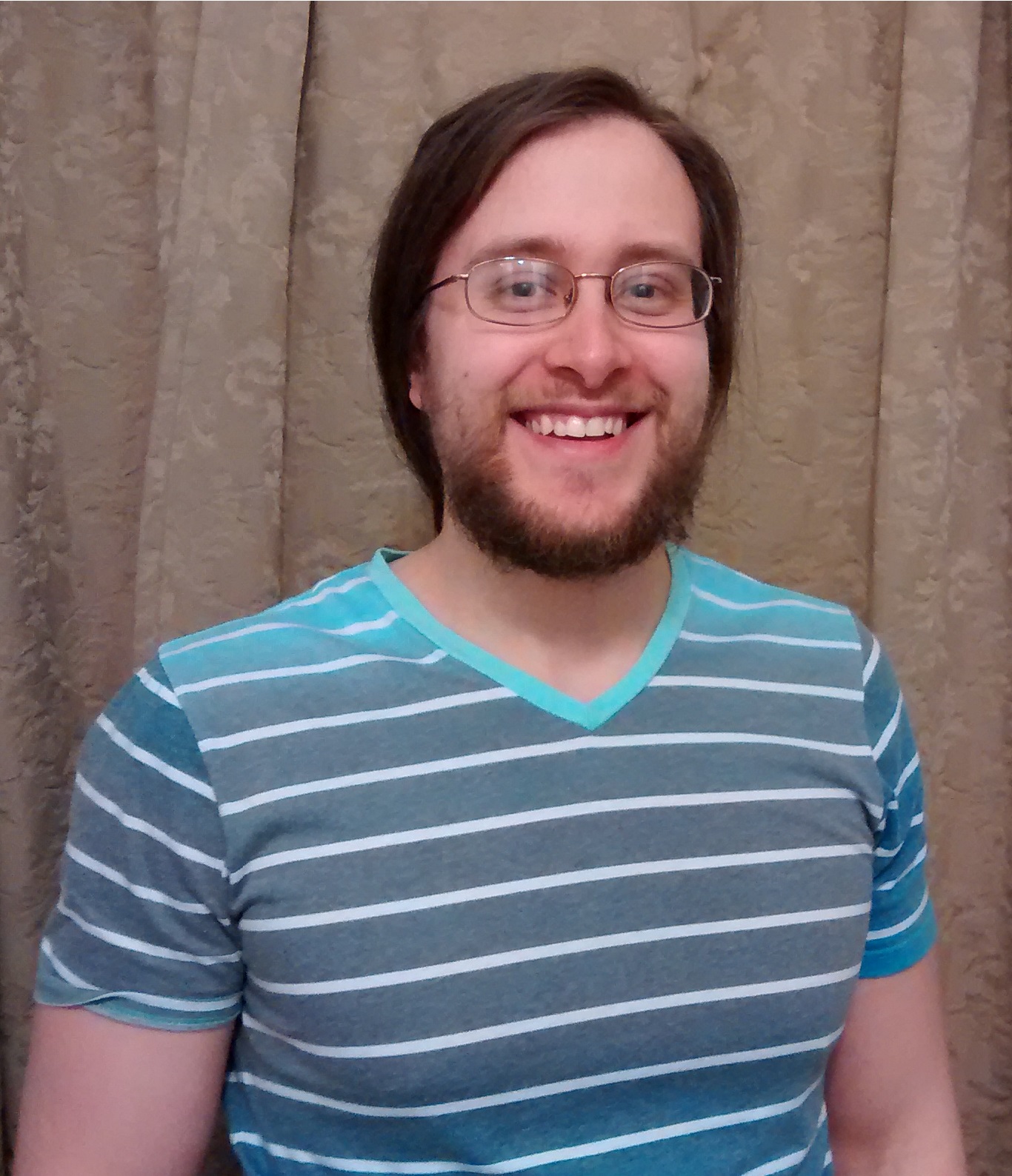Contributor Spotlight: Michael Lisieski
 Michael Lisieski’s piece “Only the Facts” appears in Midwestern Gothic Issue 21, out now.
Michael Lisieski’s piece “Only the Facts” appears in Midwestern Gothic Issue 21, out now.
What’s your connection to the Midwest, and how has the region influenced your writing?
I grew up outside of Pittsburgh, on the border of Appalachia and the Midwest. Then I spent four years in Buffalo, and I’ve lived in Detroit for the past five years. I like to call the aesthetic impression I have of the Midwest “dystopian pastoralism”. The Midwest – and I notice Southern Michigan in particular- is at once intensely beautiful, almost picturesque, and at the same time full of deep problems: job loss, urban sprawl, poverty, segregation, drug addiction, violence. In my writing, I am pleased with those moments when I can capture not only the beauty and peace I see in the Midwest but the long-grown tragedies bubbling just underneath it and the people navigating that landscape.
What do you think is the most compelling aspect of the Midwest?
The people. All of the impressions I just mentioned are not actually the story of the Midwest. The story of the Midwest is wrapped up in the people who live here, and they are constantly violating my romantic assumptions about things. That’s another challenge of trying to convey the pastoral impression I have of the Midwest – that I have to respectfully represent real people and their complexities at the same time. This tension is incredibly compelling to me.
How do your experiences or memories of specific places—such as where you grew up, or a place you’ve visited that you can’t get out of your head—play a role in your writing?
A preponderance of my place-oriented poetry is about specific locations in Detroit that I encounter in my day-to-day life. I write many poems set in the apartment I share with one of my partners, and about the neighborhoods, stores, animals, and people that I encounter in the city. I draw a lot of my identity from my domestic life, and so a focus on the particulars of my daily routines and experiences comes naturally to me. Working in science has trained me to think a lot about evidence, and in domestic settings and objects I find the evidence of my own (and others’) meaningful lives.
I’m also drawn to settings where subjects seem to be intrinsically out of place, like hospitals, laboratories, zoos, and airplanes. I like the tension inherent in being somewhere that’s not extraordinary or unexpected, but also not quite normal, could never be a home.
Discuss your writing process — inspirations, ideal environments, how you deal with writer’s block.
I can’t think of an ideal environment to write, except that there’s a computer and keyboard. Many of my best poems come to me while I’m biking to or from work – I think because that’s a time when I’m active, engaged in the environment, and have space to let me mind wander a bit.
I’ve always had the most luck with any kind of creative work when I gather interesting raw materials in front of me and let them give me ideas. When I got serious about writing poetry, I started adapting this approach to words. I do a lot of exercises like stream-of-consciousness journaling, combining word pairs and triplets from lists, and using a computer to algorithmically generate text. These are all ways to make sure that I always have interesting material in front of me when I sit down to write, and they also help me generate ideas to follow up on in a more structured way. If I feel writer’s block coming on, I let a computer write nonsense until I see something that gets my juices flowing.
How can you tell when a piece of writing is finished?
A piece is finished when the deadline comes and I have to submit it. Until then, there’s only a “most recent version”. Informally, if I crack something open to edit it three times and make only minor changes, I’m probably pretty much done with it.
Who is your favorite author (fiction writer or poet), and what draws you to their work?
Jamaal May is one of my current favorites. His poetry about/set in Detroit does an impeccable job of capturing all of the things that make it such a compelling place to me: the beauty, the trauma, the history, the people, the matter-of-fact defiance of outsiders’ stereotypes. As a young new-comer to Detroit, I have to work a little bit to keep aware of my lack of perspective about the city. There are a certain set of impressions and narratives about Detroit that I and others like me often find romantic and tend to focus on; for example, abstract, depersonalized images of urban decay. Jamaal May’s work, besides being deeply affecting in its own right, has been instrumental in disrupting my naïve, ruin-porn-flavored preconceptions about Detroit and what it means to live here.
What’s next for you?
Over the next few years, I’ll be finishing my PhD in neuroscience, and then finishing my MD, and then figuring out which jobs/people I want to follow around the country/world. I’m submitting a lot of poetry and plan to keep that up, mostly to journals around the Midwest. I have work forthcoming in Passages North and Star*Line.
Where can we find more information about you?
If you do the Facebook thing, you can find me at https://www.facebook.com/lisieski . I also sporadically post pseudo-random content at https://twitter.com/almost_poetry_ .






